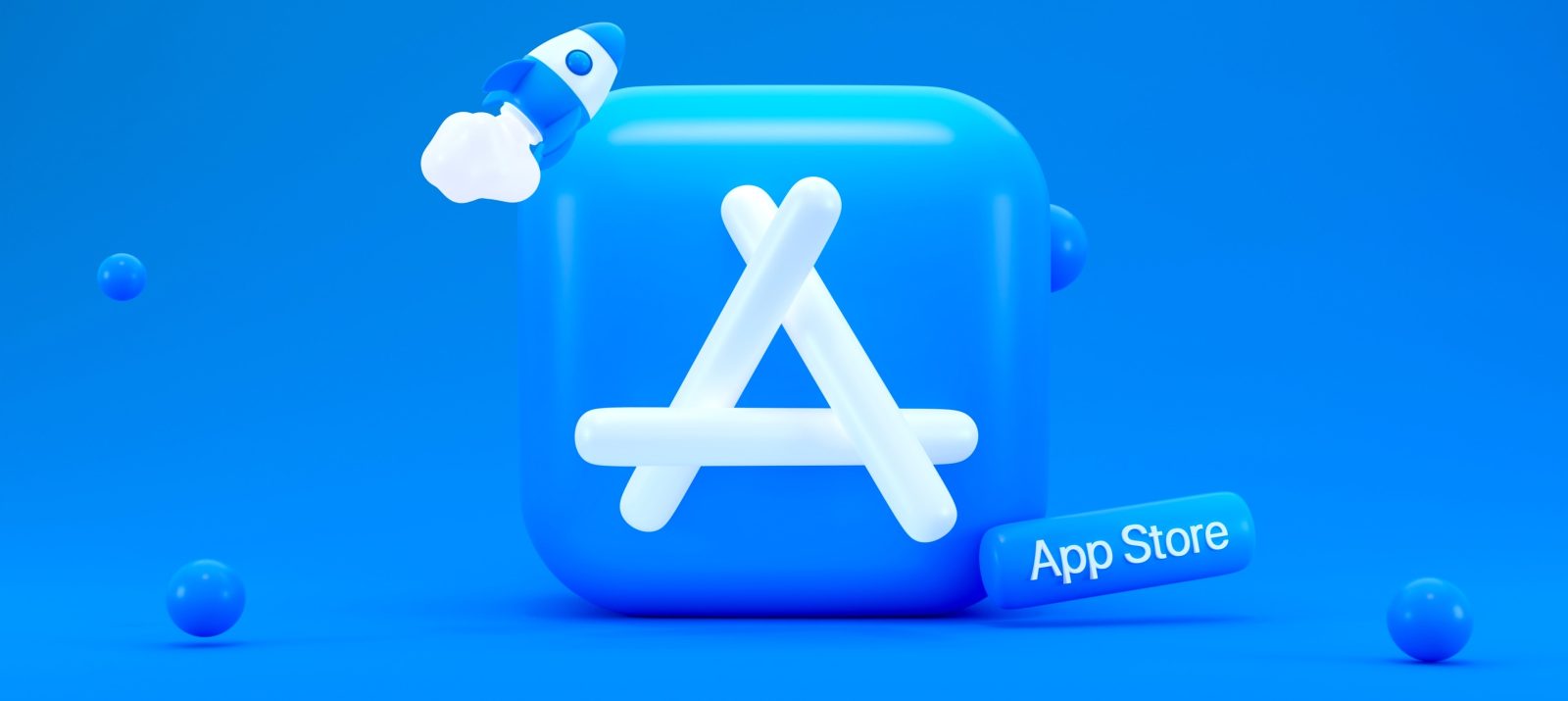
A well-stocked store that offers many useful applications for Apple products: the Apple App Store. It entices users with numerous apps, games, and media content from a seemingly endless selection. Find out what the Apple App Store is all about and how you can set it up to be childproof in this article.
The Apple App Store is a digital platform where users can download and install iOS apps for their Apple devices such as iPhone, iPad or iPod Touch. It was introduced by Apple in 2008 and has had a significant impact on the app development industry and mobile ecosystem ever since.
From games and entertainment apps to useful tools and productivity apps, the App Store offers a wide range. Users can search for apps, read ratings and reviews, buy apps or download them for free, and sign up for subscriptions. Specifically, there are ‘Today’ (apps and news selected by Apple), ‘Games’ (different types of games), ‘Apps’ (apps by category), ‘Arcade’ (exclusive games within the Apple Arcade subscription) and the general ‘Search’ categories for this on the home screen. When browsing, however, advertised apps are preferred. This means that even when searching for a specific app, the app you are looking for will first appear under a promotional post.
For developers, the App Store provides a platform to market. To do this, the apps must meet certain Apple guidelines and requirements regarding privacy, security, and features that enhance user experience. Each app is pre-screened for this by Apple before release. Some female developers criticize the high fees Apple charges for selling apps in the Apple App Store, while others have concerns about the review and approval processes.
Games, coloring and drawing apps, music and creative apps, entertainment apps and learning apps – the Apple App Store offers children and young people numerous options. Many of the apps are interactive, entertaining and promote cognitive development, language development or fine motor skills.
There is a separate category in the Apple App Store for children up to the age of twelve: it is called ‘Kids’. The apps there are usually kid-friendly and educational. However, the category is not intuitive to find. To do this, you must enter ‘children’ in the search box. This is the only way to land in the children’s section with subcategories.
The age ratings are set by Apple itself based on the content of the app and the target audience. Factors such as violence, sexual content, drug use, or gambling are considered. Each app is then given an age rating of 4+, 9+, 12+, 17+ or no clearance. Apple uses its own guidelines and standards for this.
Strict guidelines for all apps for children should ensure their safety: child-friendly content. No use of tracking technologies. No advertising. No in-app purchases without parental permission. Easy navigation and operation. No links to outside websites or social media without parent permission. Educational Benefits.
You can also adjust the settings on their Apple devices to restrict access to certain apps or content and ensure that your child can only access kid-friendly apps.
Tips on how to safely set up your child’s smartphone are available in this article.